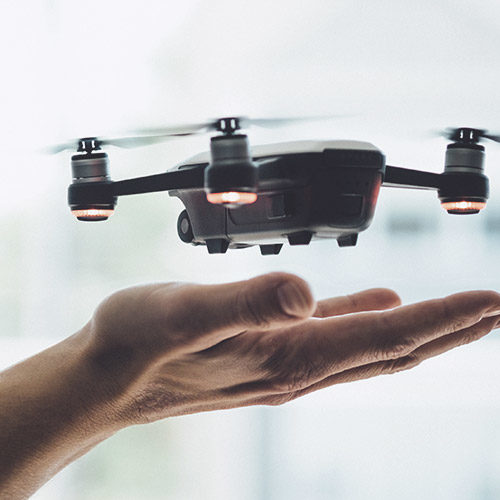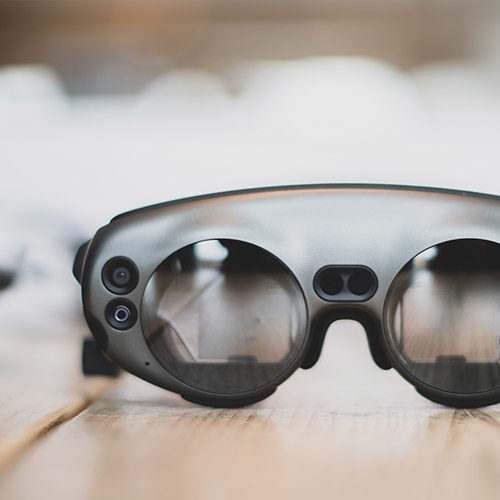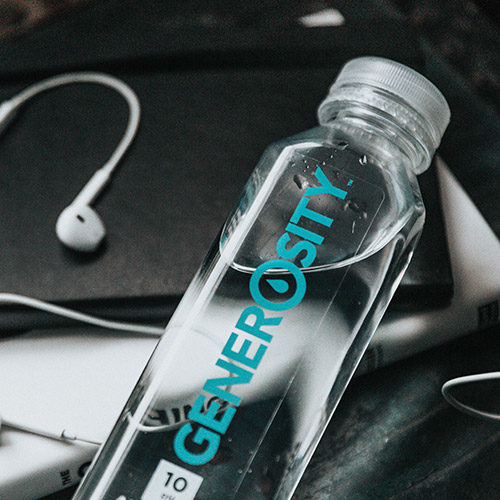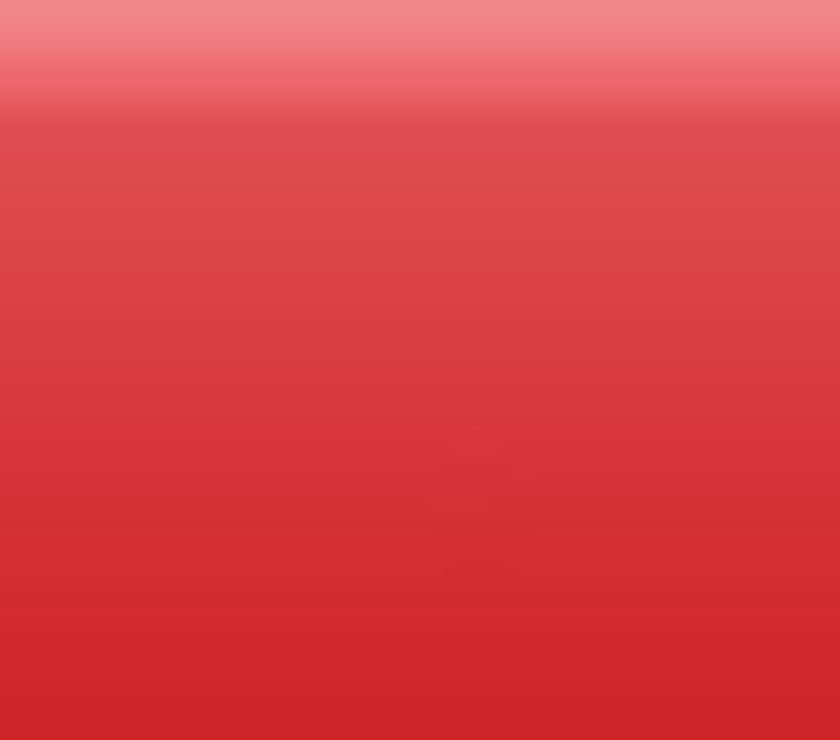You may or may not be aware of exactly where your food comes from, but you need to know if you are actually getting the best results from your supply chain.
Managing your supply chain can be somewhat difficult because food and supplies are being purchased and packaged both domestically and abroad. In the event food suppliers see the impact of bad weather, food contamination or even government fines, they revisit their pricing strategy and make adjustments, upward, that are passed along to the hotel and restaurant operators.
According to an article on the Food Safety Magazine website, the FDA continues to place strict regulations on companies exporting and importing food to stem instances of food contamination. There have also been cases reported of food fraud and misrepresentation of ingredients on food packaging. In fact, new U.S. agencies have been created to meet the need for tougher inspections.
You cannot possibly know about all the different variables that could affect your order, including recalls. But these factors signal a need for you to be more involved in your hotel’s procurement process.
It is important to have a good relationship with your suppliers so you can be more informed about changes that might influence your products, and ultimately your service. You obviously can’t control some of the factors in your supply chain, but you are responsible for what is served in your facility. As such, it’s best to question whether you are receiving the best products at the best prices with adherence to current safety rules and guidelines. Given the size of that task, some companies engage a purchasing company like Source1 Purchasing who can offers immediate product updates.
To ensure the best quality and pricing, it’s also important for operators to periodically evaluate their product line. Start by focusing on the top items in your hotel supply chain: Do the products meet the needs, standards and expectations of you and your guest?
With Source1 Purchasing, you can identify the products that are contracted. That translates to additional cost savings realized when these items are added to the order. Operators should also review these items to see if it’s time to upgrade them for quality or change the serving size to serve customer trends. Are you buying the right products to satisfy guests and are you leveraging your spending to get the best price? Be aware of your purchasing patterns using your data to ensure you’re getting the best results.
Purchasing data can also help target areas of possible concern at your property. For example, at some hotels and restaurants, the purchasing staff may choose products based on their individual preferences instead of the brand standards. Relationships can sometimes influence a decision. To successfully manage procurements for a hotel or restaurant, buyers must be knowledgeable of the food industry as a whole and be proactive in obtaining the best products at the best price.
As an operator, all it takes is a focused approach and visibility into your purchasing data to be confident that you’re making the best choices. You know where you are in the industry and you know the factors that impact your buying decisions. By reviewing your purchasing records and making a few key changes, you can experience wins in your operations and in your hotel supply chain.











